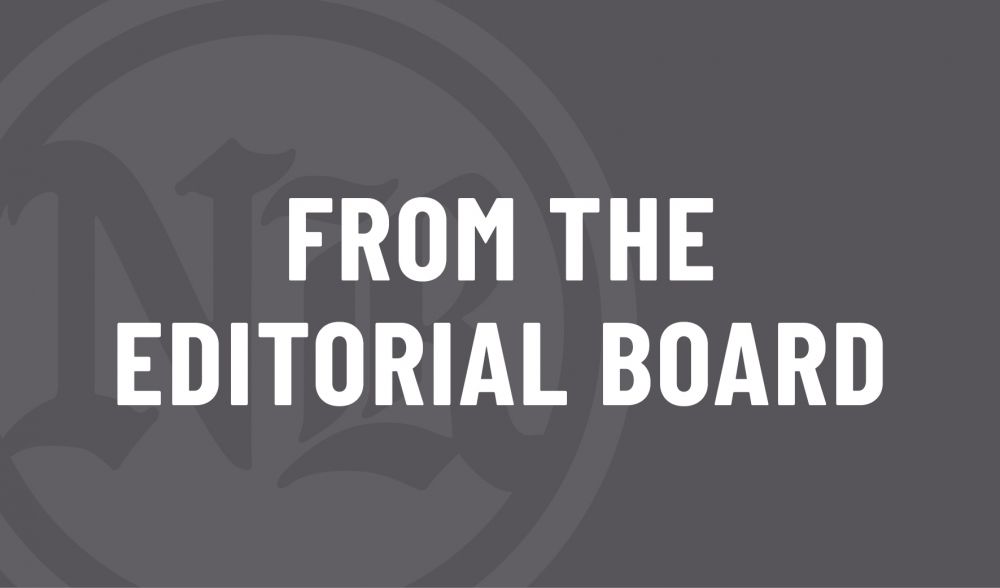Election 2022: Muddle result made more so by a slow count

It didn’t take long Tuesday night to see the red tide many partisans and pundits had been predicting wasn’t on its way to sweeping the nation — or Oregon, for that matter.
Democrats had a lot going against them, including inflation, homelessness and street crime, a president of waning popularity, a leaky southern border, opposition gerrymandering and voter suppression, a disproportionate share of seats to defend, and a gaping disparity in funding. On top of all that, off-year elections have historically punished the party holding the presidency.
But few GOP candidates, in Oregon or elsewhere, offered plans for attacking the nation’s problems. For the most part, they just vowed to crack down, leaving it to puzzled voters to imagine what shape that might take and how well they might like it.
Democrats never seem to lack for ambitious, well-meaning plans. Their challenge is finding ways to enact them, pay for them and prove them workable in practice.
In this year’s mid-term election, they did benefit from an abortion backlash triggered by the Supreme Court’s Roe v. Wade reversal. However, that didn’t seem to generate the same heat in blue states like Oregon as it did in red state counterparts in the South and Midwest.
Let’s just call it a wash, which goes a long way toward explaining what unfolded Tuesday night: The party of angry grievance fought to party of unbounded government largesse the a messy, muddled draw.
Sadly, the full dimensions probably won’t become clear for at least a week. And some may still not be fully known when Americans sit down to Thanksgiving dinner later this month.
We have been staunch defenders of vote-by-mail, which our state proudly pioneered. We have also backed most efforts to make it ever easier and more convenient to cast a vote, thus serving to bolster the citizen participation critical to our democracy.
However, we question the Legislature’s decision to foot the postage on mail-in ballots. And we outright oppose its decision to accept ballots postmarked by election day but destined to trickle in haphazardly for several days thereafter.
Our issue with pre-paid ballots is spending tax dollars for no good reason. There is no evidence the cost of a postage stamp ever deterred voters, particularly when they could avoid the charge by dropping their ballots into free collection boxes.
Our issue with the postmarking provision is further erosion of faith in a bedrock of our democracy — safe and sure elections producing swift and reliable outcomes. A period of protracted uncertainty undermines confidence, fan conspiratorial flames and invite bad-faith judicial mischief.
We also question the need. It looks to us like a solution in search of a problem.
This idea originated in neighboring Washington. Its impact there seemed so detrimental we never imagined it would take root here, but it did.
Who are we sending to the governor’s office? Who are we sending to Congress? For that matter, who are we seating in the Legislature?
We may think we know by now, but do we really? It’s hard to profess full assurance as long as an unknown number of ballots remain en route.
That being the case, we’ll reserve our advice to our new slate of officeholders until fuller clarity has been achieved.








Comments